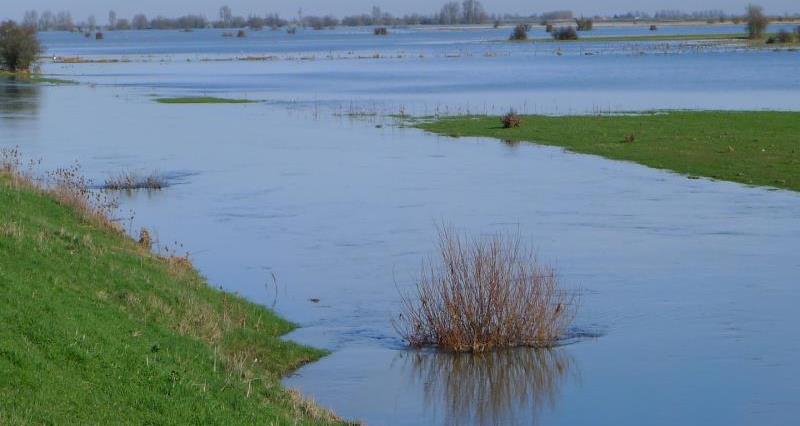The NFU has responded to the Environment Agency’s draft national Flood and Coastal Erosion Risk Management (FCERM) strategy to tackle flooding and coastal change.
The NFU has responded to the Environment Agency's draft national Flood and Coastal Erosion Risk Management Strategy and urges the Environment Agency and the Government to be more ambitious in how they plan tackling future flooding and coastal change issues.
Overview of NFU’s Response
With regards to the strategy and the agricultural sector the following points outline our key areas of interest:
- The main overarching point that the NFU would like to make in response to the EA’s strategy is that we are interested in how the aims of this Strategy will be achieved. We understand that this will be set out in the Action Plan, rather than this high level Strategy. Clarity is needed from the EA as to how it intends to work with others in developing the Action Plan. Early engagement on this would be welcomed by the NFU.
- The NFU has ambitions to meet Net Zero by 2040. This Strategy and our Roadmap can complement each other e.g. improved soil management and increased soil organic matter content could help with our ambition to meet Net Zero but could also contribute to the EA’s Flood Strategy. Net Zero will be a key focal point for much of our work over the next few years this is a positive area where we can contribute to the Strategy and help achieve our own goals.
- It is clear that the Strategy lacks innovation and ambition. The Strategy frequently mentions the need for innovation but the NFU would have liked it to have gone further in its thinking. After a recent visit to the Netherlands the Dutch have exemplified ambition and drive when it comes to flood and coastal erosion risk management. For example, the Oojen-Wanssum[1] ‘Room for Rivers’ project where agricultural land has literally been raised to protect it from flooding, yet this strategy lacks such ambition and instead focuses more on education rather than utilising the wealth of engineering and scientific skills this country has to offer to overcome flooding and coastal change issues.
- The NFU believes that rural communities and agricultural land can be protected from flooding and coastal erosion if the strategy clearly promotes collaboration, transparency, early engagement and support.
- We do feel there is still a need for protection, and the consideration of the EA that resilience is key and protection is just a ‘tool’ within the ‘resilience toolbox’ does not provide any reassurance to farmers and members of rural communities.
The strategy comes across as an ‘EA Strategy’ rather than the national strategy that others could support and as such, it is difficult for the NFU as an organisation to support or sign up to what the EA has drafted so far. There may be individual actions that we could support in the Action Plan. However, the EA haven’t started to draft this yet and we have expressed our interest to be included in the development of the framework.
NFU flood management policy adviser Dr Mhari Barnes said:
“It’s clear that here in the UK the issue of water in general, and particularly flood and coastal erosion, has not been given the priority it should have in the past.
“The NFU recently visited the Netherlands where we saw first-hand how it is possible to be far more ambitious and innovative when it comes to flood and coastal erosion risk management. But this is only possible if there is a willingness among all those with a vested interest to work together.
“We have been arguing for more collaboration, early engagement and support in protecting rural communities and agricultural land which has been massively undervalued for too long. The EA strategy needs to be clear about the importance of these areas, not just to farmers, but to all those with an interest in the environment and our food security.
“The farming industry is often at the mercy of extreme and changeable weather. The severe floods experienced in recent weeks around the Wainfleet breach in Lincolnshire, which left valuable crops under water, has demonstrated why necessary long-term strategic plans must be in place to tackle the nation’s flood resilience.
“We need to see the EA working in partnership with farmers and landowners and other organisations to address this critically important issue.”
